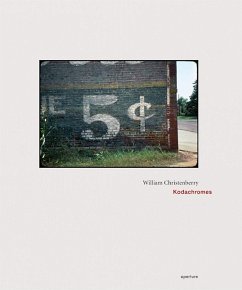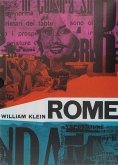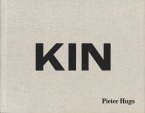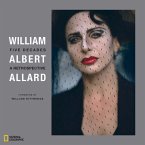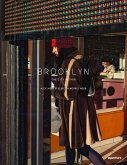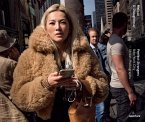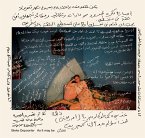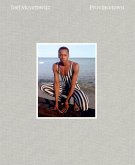Although best known for his large-format color photographs made with vintage Kodak Brownie cameras, William Christenberry has also consistently produced work with 35 mm Kodachrome slide film since he took up photography. "William Christenberry: Kodachromes" is the first publication to showcase this stunning and previously unknown body of work, spanning from 1964 to 2007, of which only a small number of images have ever been published or exhibited. As in all of Christenberry's photographs, the subject matter is the rural Deep South: the twisting back roads, open landscapes, rusted signage and ramshackle vernacular architecture found in Hale County, Alabama. Though many of the sites pictured in this rare collection are new, other subjects have grown iconic in Christenberry's oeuvre as he has returned to photograph them over the decades--the red building in the forest, Sprott Church, the Palmist Sign and the Bar-B-Q Inn, among others. The photographs in "William Christenberry: Kodachromes" were made with a camera that allowed for greater mobility, revealing new ways of considering Christenberry's perennial subjects and offering further insight into the working method of this venerable artist. William Christenberry (born 1936) has been a professor at the Corcoran College of Art and Design, Washington, D.C., since 1968. His work has been the subject of dozens of solo shows and exhibitions over the last 40 years, and can be found in numerous permanent collections, including those of the Smithsonian American Art Museum, Washington, D.C.; The Museum of Modern Art and Whitney Museum of American Art, both in New York; Stedelijk Museum, Amsterdam; San Francisco Museum of Modern Art; and Center for Creative Photography, Tucson. His work was the subject of a major year-long solo exhibition at the Smithsonian American Art Museum in 2006.
Bitte wählen Sie Ihr Anliegen aus.
Rechnungen
Retourenschein anfordern
Bestellstatus
Storno

